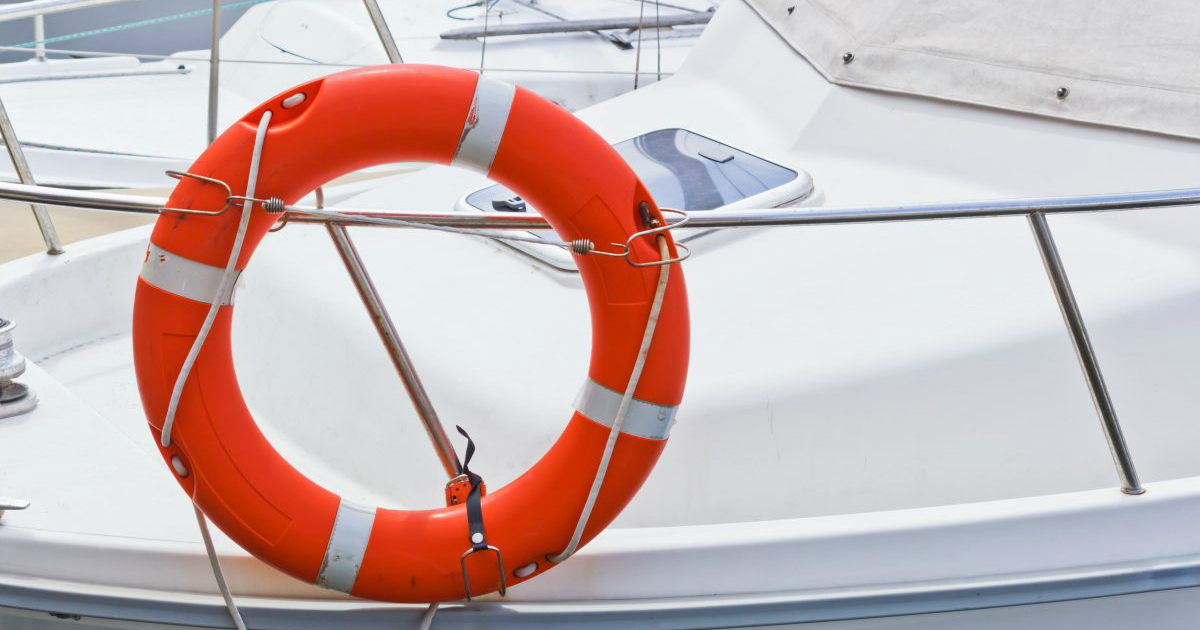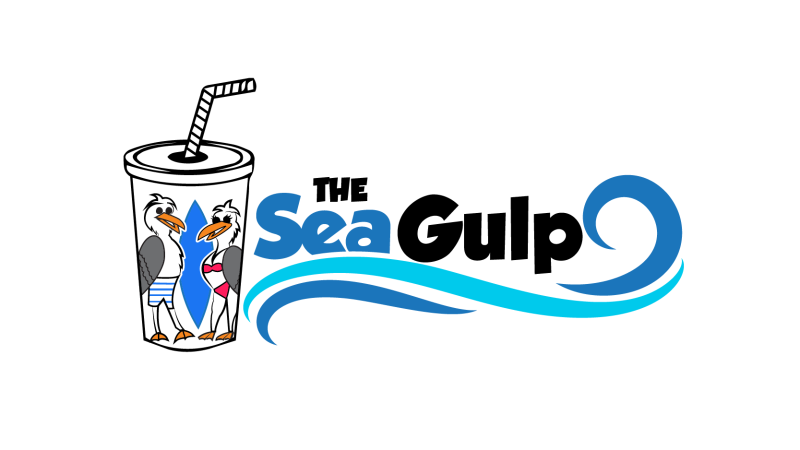 Spring is here, and before we know it, summer will arrive. In the coming weeks, more people will be pulling out their boats from winter storage in preparation for launch. Below are suggestions that can contribute to your safety and add to your boating pleasure.
Spring is here, and before we know it, summer will arrive. In the coming weeks, more people will be pulling out their boats from winter storage in preparation for launch. Below are suggestions that can contribute to your safety and add to your boating pleasure.
— Know the legal requirements for your size vessel. Safety equipment must be accessible and in working condition.
— Wear your life jackets!! 85% of the boating fatalities could be avoided by wearing a personal floatation device. Remember it won’t save your life if you don’t wear it.
— Have children and non-swimmers wear a personal floatation device. Each device should be of suitable size for the intended wearer and fit securely. 90% of those who die in boating accidents drown.
— Be prepared and carry extra equipment such as a bailer (bucket), anchor, first aid kit, visual distress signal, tool kit, flashlight with extra batteries, and a cell phone.
— Don’t over load your boat. Follow the recommendations on the capacity plate of your boat.
— Capsizing, sinking, and falling overboard account for 70% of boating fatalities.
— If your boat should capsize, your best chance for survival and rescue is to stay with the boat. Pull as much of your body out of the water as possible to preserve body warmth.
— Hypothermia can be a killer; keep your body dry and warm as possible.
— It is illegal to operate any boat while under the influence of alcohol or other drugs. Use the designated driver concept; a sober skipper is a must.
— Stressors such as exposure to sun, wind, cold water, vibration, noise, and alcohol all affect your ability to react.
— Don’t run out of fuel. Practice the 1/3 rule: 1/3 for trip, 1/3 for return, and 1/3 for spare.
— Fuel vapors are heavier than air and collect in the bilge. Never fill gasoline cans in the boat.
— When anchoring, use a line that is several times longer than the depth of the water and never anchor by the stern.
— File a float plan. Let someone know where you’re boating and when you’ll be back.
— You’re responsible for damage or injury caused by your wake. Exercise caution around other boaters and docks.
— By state law, all persons operating a motor boat greater than 10 horsepower are required to carry a Boater Education Card. The card shows that the operator has passed an approved boater education course or equivalency exam.
For further information on Boating in Oregon, people are encouraged to pick up the Oregon Boaters Handbook available at your Lincoln County Sheriff’s Office or you can visit the Oregon State Marine Board web site: www.boatoregon.com
For more information and tips, visit our web site at www.lincolncountysheriff.net and on your Smartphone via the “MobilePatrol” app and Like us on Facebook at Lincoln County Sheriff’s Office – Oregon.








